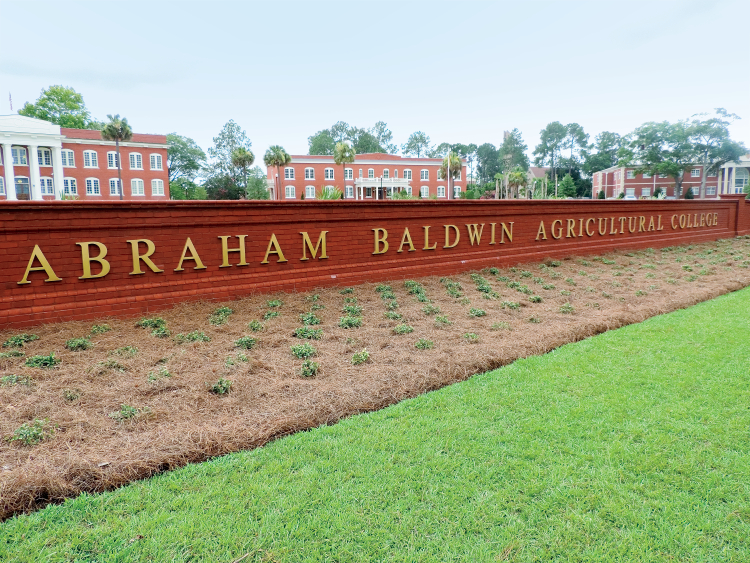Home > Georgia > Georgia Ag Education > Abraham Baldwin Ag College is An Educational Pioneer
Abraham Baldwin Ag College is An Educational Pioneer
Abraham Baldwin became one of the founding fathers of education while the founding fathers of America fought for independence. Son of a blacksmith and one of 12 children, Baldwin had the opportunity to pursue theology at what is now Yale University. His father borrowed money to support Baldwin’s pursuit of his degree and career as a minister. Baldwin’s dedication to education was evident in his interactions with his sibling, who he helped raise, feed and educate himself.
After graduating, Baldwin became a tutor until he joined the Revolutionary Army as a chaplain. After the war, he pursued a legal and political career in Georgia. The governor of Georgia, Lyman Hall, gave him the honor of drawing up an educational plan for secondary and higher education in the state of Georgia. This plan resulted in land grants to establish Franklin College, named after Benjamin Franklin.
Now known as the University of Georgia, Franklin College was granted its charter in 1785, and Baldwin took his position at the helm as president. Georgia was the first state to charter a state-funded university.
Students began attending the University of Georgia in 1801 which now boasts one of the premier agricultural programs in the nation and also paved the way for other land-grant universities and agricultural education.
Abraham Baldwin Agricultural College was named in honor of this great educational legacy. Originally the Second District A&M School, it was renamed the Abraham Baldwin Agricultural College in 1933 when it became part of the University System of Georgia. ABAC offers diverse Agriculture and Natural Resource Management degree programs.
“Abraham Baldwin’s legacy is ours to preserve and protect,” says Tom Landrum, an expert on Abraham Baldwin at the University of Georgia. “I think he would be astonished to see the educational achievements of ABAC, UGA, and all the other components of the System. But I think he would readily recognize – and appreciate – the continuation of the fundamental premise of his charter that our public prosperity and security depends on successfully educating the next generation of citizen leaders.”




